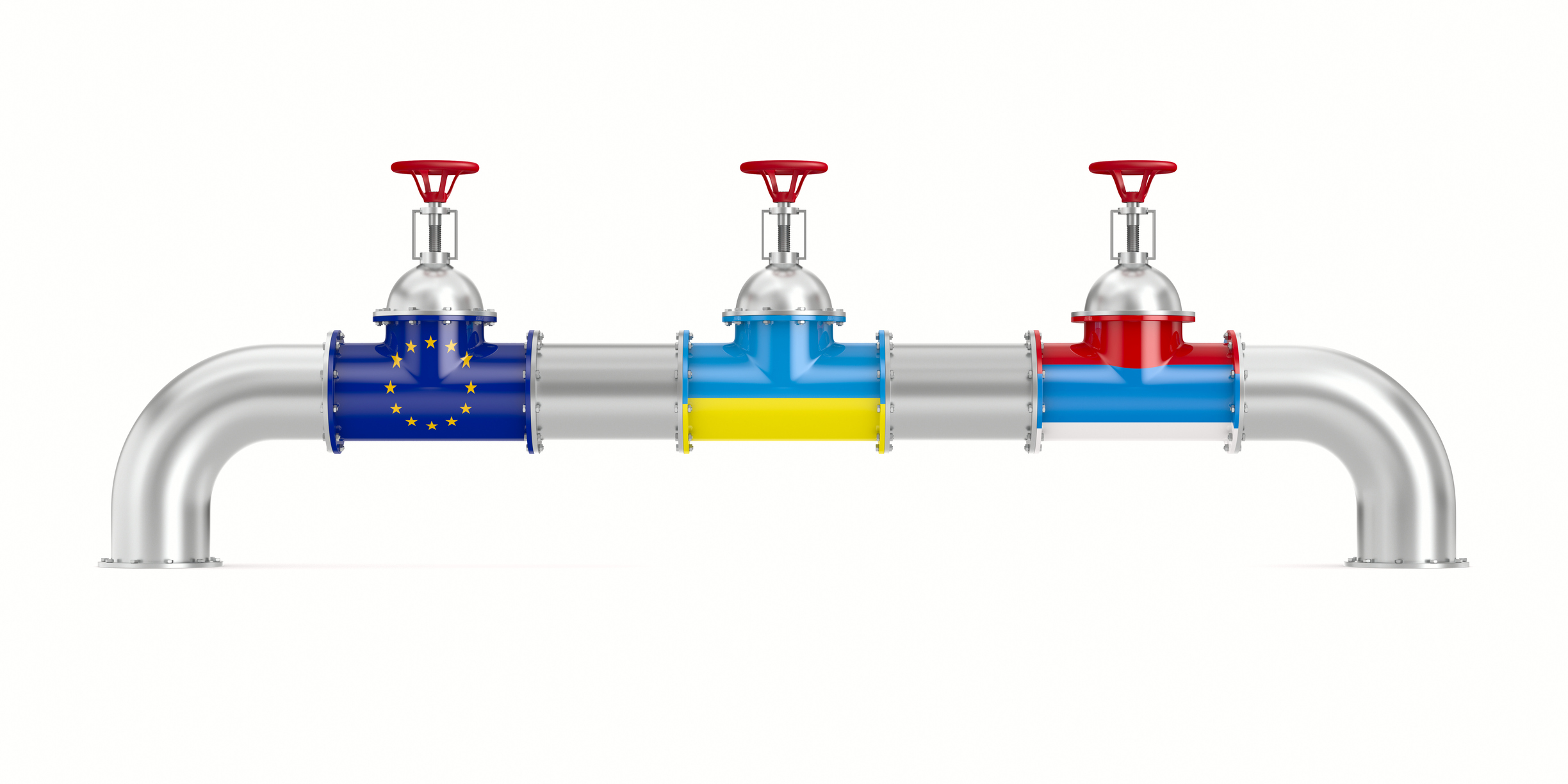Jeffrey Sachs: The US or its ally may have sabotaged Nord Stream.
October 7, 2022
Why does the US star economist suspect the USA and not Russia to be behind the leaks in the gas pipelines?And what awaits the German economy now?His answers.
Who is behind the apparent act of sabotage against the Nord Stream 1 and 2 gas pipelines?A guess by US economist Jeffrey Sachs hits like a bomb.In a Bloomberg interview, Sachs, director of the Earth Institute at Columbia University and a renowned author, raised the suspicion that the USA could be responsible for the leaks - and “maybe Poland too”.
To justify his thesis, the 68-year-old referred to certain radar surveillance showing US military helicopters circling over the Nord Stream pipelines.Sachs also seesthe many political threats in the USA to cut off the pipeline connectionsas indications of a possible involvement of the USA in the incident.
The economist does not rule out that other countries could benefit from this.“Ukraine could also have an interest in destroying the pipeline, but it lacks the capabilities and military access to the North Sea,” Sachs argued when asked by the Berliner Zeitung on Wednesday afternoon.In his view, Russia has no interest in destroying the pipelines.It goes against the interests of Russia.Russia is losing income, financial wealth and bargaining power, Sachs said.
This is contrary to Russia’s interests, Sachs told the Berliner Zeitung.
From an economic perspective, there is not much to be said for Russia’s guilt.According to Gazprom, four strands of the two Nord Stream pipelines were filled with 800 million cubic meters of gas before the leaks.According to current gas prices on the stock exchange, the Russian state-owned company lost around 1.6 billion euros with the leaks.And yet the group is promising the possibility of being able to supply gas to Europe via Line B in the future.
Although Gazprom may have an interest in not paying contractual penalties to European gas importers because of the stopped gas deliveries, the Federal Ministry of Economics is not yet aware of any court cases of this kind against the Russian supplier.A company spokesman told the Berliner Zeitung that Uniper is still in the process of examining its legal claims against Gazprom.
Leaks in Nord Stream pipelines: That is Jeffrey Sachs’ forecast for the German economy
The United States, on the other hand, was against the pipelines from the start, Sachs told the Berliner Zeitung.They warned in advance about the destruction of the pipelines.They also have the technical means for such an action.It was probably a Boeing P-8 Poseidon, which was also seen by surveillance monitors.
The US would also benefit strategically and financially from the operation, Sachs said.Indeed, US Secretary of State Antony Blinken called the pipelines’ destruction a “huge opportunity” to end Europe’s dependence on Russian energy.“By far the most likely culprit behind the action is the United States,” says Sachs.
Furthermore, the US economist describes the current crisis in Europe primarily as an energy supply crisis.Would measures such as a gas price brake planned by the federal government help against this?Sachs judges: “While price management will help companies and households with cash flow, i.e. in terms of liquidity, the European economy, including the German economy, will shrink due to the physical limitation of energy supply.”
The US economist calls the destruction of the Nord Stream pipelines another major blow to Germany, as it makes a quick return to Russian gas flows even more difficult.“The pipelines were probably destroyed because of that,” suspects Jeffrey Sachs.
Jeffrey Sachs accuses Ukraine of blocking a negotiated peace
In this regard, Sachs believes that a negotiated peace to end the Ukraine war would be the most important route to an economic recovery in Europe. “As long as the war continues, the economic crisis in Europe will continue.” Important terms for a negotiated peace were already agreed between Russia and Ukraine in March, the economist points out, but it seems that the US and the UK are against the agreed terms Sachs criticised that the failure of the negotiations meant that the war continued and the economic crisis in Europe deepened.
His suggestion: Europe should urge both warring factions to return to the negotiating table and urge the US and UK to support compromise rather than continued war.Ukraine’s security should be guaranteed by a European security agreement, not by adding Ukraine to NATO, which blocks a negotiated peace.With the possible escalation of the war into a nuclear conflict, the dangers have multiplied enormously in recent days, according to Sachs.
Original article by Liudmila Kotlyarova,published in the Berliner Zeitung.
Read also Jonathon Cook Can Europe afford to turn a blind eye to evidence of a US role in pipeline blasts?
(With our White Man’s Media so firmly in the US camp it is not surprising that the coverage of the pipeline attack has been so muted in our derivative Australian media. Numerous retired US Intelligence chiefs- Brennan and Clapper for example- are employed by mainstream news organisations in the US. So we should not expect objective and unbiassed reporting and analysis…John Menadue)

